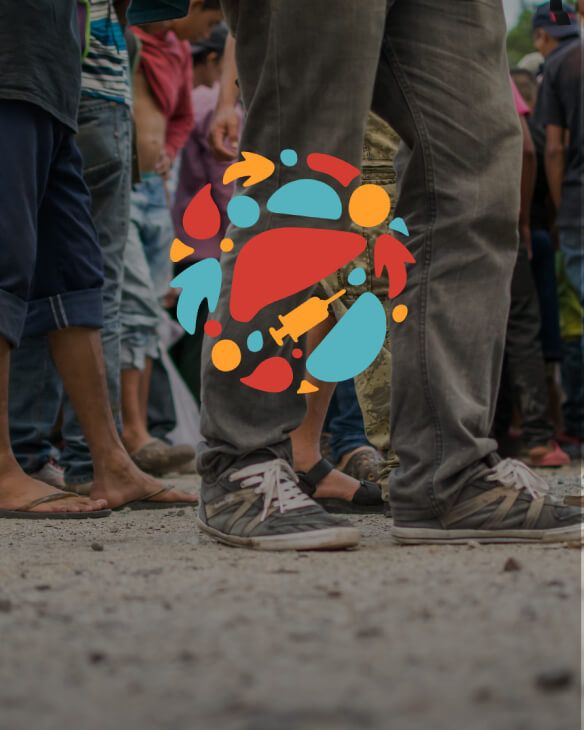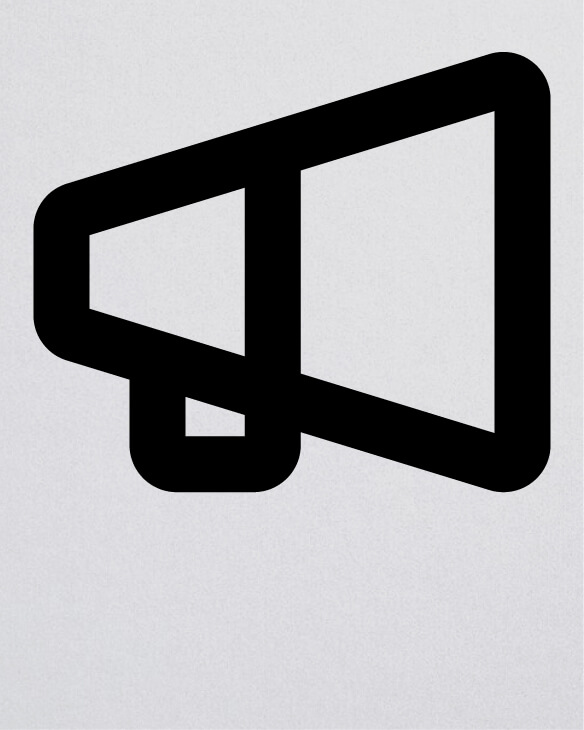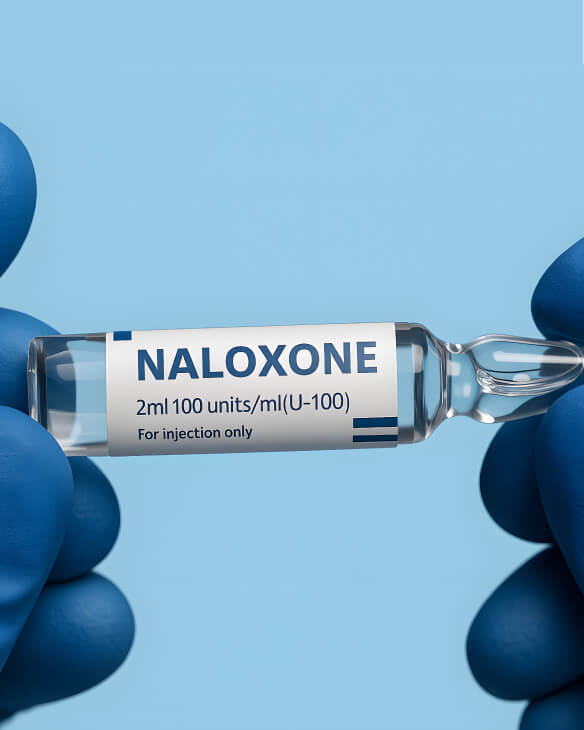Health Without Barriers

The research was conducted in five correctional facilities (Trikala, Chania, Malandrino, Korydallos I, and Chios) and focused on the access of prisoners to healthcare services, the confidentiality of their medical data, and their experiences with stigma and social exclusion.
As part of the research, training was provided to prison staff on myths and truths about viral hepatitis and HIV, while prisoners were also trained as “Human Rights Ambassadors.” Additionally, pilot questionnaires were applied, and personal interviews were conducted with prisoners and correctional officers. The findings of the research were used as a basis for submitting policy proposals to the relevant state authorities.
The program was carried out during 2021-2023, with interviews conducted with 479 prisoners and 85 correctional staff, which highlighted significant findings regarding healthcare, adherence to medical confidentiality, and the conditions of social exclusion among prisoners.
These results served as the foundation for recognizing challenges and taking actions that contributed to a better understanding of the issues and the implementation of new measures, such as the establishment of the Temporary Healthcare Number for Prisoners (PAYPEK).
Key findings included:
- Primary healthcare services were provided in correctional facilities but were limited due to the shortage of medical and nursing staff.
- The use of intravenous drugs in prisons increased, heightening the risk of infectious diseases transmission.
- Overcrowded conditions and lack of privacy negatively impacted prisoners’ health.
- There was insecurity about the protection of medical confidentiality, with decreased trust in correctional staff and fellow prisoners.
- Greater trust was shown in medical personnel and social services for managing personal data.
- Exclusion and stigma were reported for prisoners with infectious diseases (e.g., HIV, HCV).
- Correctional staff experienced insecurity when working alongside prisoners living with infectious diseases.
Broadened access to healthcare services for uninsured prisoners through the establishment of the Temporary Healthcare Number for Prisoners (ΠΑΥΠΕΚ), which allowed access to healthcare services for prisoners without an AMKA (social security number).
Participation by Facility:
Correctional Facility Number of Prisoners Participating (%)
Trikala 116 (24%)
Chania 110 (23%)
Malandrino 91 (19%)
Korydallos I 97 (20%)
Chios 65 (14%)
Total 479 (100%)
Participation by Correctional Staff:
Correctional Facility Number of Correctional Staff Participating (%)
Trikala 10 (12%)
Chania 25 (29%)
Malandrino 22 (26%)
Korydallos I 7 (8%)
Chios 21 (25%)
Total 85 (100%)
The Health Without Barriers project was implemented under the Active Citizens Fund program, with Prometheus as the implementing body and the Positive Voice Association of HIV Positive People in Greece as the partner.




